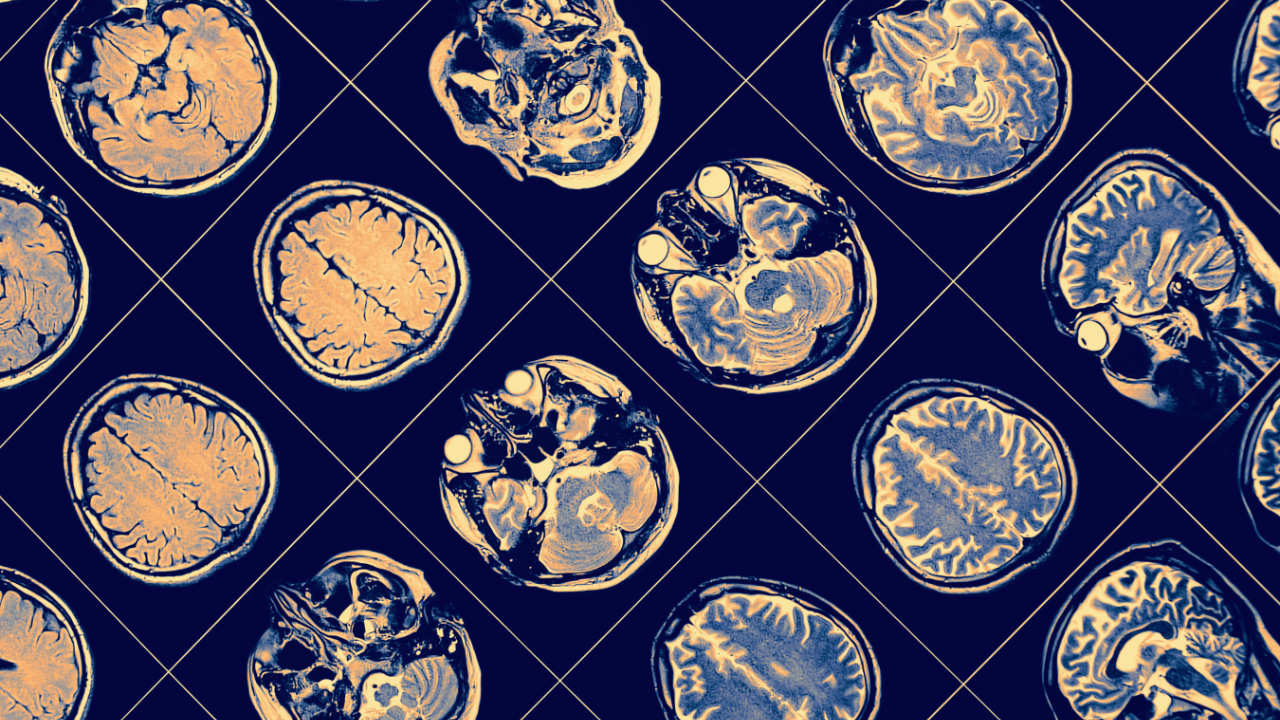
Feeding the Brain: The Role of HDL, Prebiotics, and the Mediterranean Diet in Preventing Alzheimer’s Disease
An Interview with Dr. Angela Zivkovic
Dr. Angela Zivkovic is a leading researcher in precision nutrition and a professor in the Department of Nutrition at UC Davis. Her work is grounded in the belief that chronic disease is not an inevitable part of aging, but rather the result of accumulated damage driven by factors like dysregulated metabolism and chronic inflammation—both of which are deeply influenced by diet and lifestyle.
Dr. Zivkovic’s lab explores how different diets can influence HDL particles and their impact on brain health, with a focus on reducing the risk of Alzheimer’s disease. “HDL particles are like little garbage trucks that collect extra cholesterol from your tissues and bring it back to the liver for excretion,” Dr. Zivkovic explains. But when this system doesn’t function properly, cholesterol can build up in the body. “If you have cholesterol accumulation in various tissues, that’s not good. In fact, Alzheimer’s is characterized by cholesterol accumulation in the brain.”
Since cholesterol accumulation is a known factor in Alzheimer’s disease, the Zivkovic Lab is actively investigating whether this could be due to dysfunctional HDL particles. Are the HDL particles not working properly? Are they the wrong type? Can they cross the blood-brain barrier? Are they reaching the brain and doing their job—clearing out excess cholesterol—or not? And are they even meant to perform that role in the brain? These are the kinds of questions the lab is exploring, but many of the answers are still unknown.
The Gut-Brain Connection and Its Role in Alzheimer’s Disease
Many experts now refer to Alzheimer’s disease as a neuroinflammatory condition. Inflammation is a key factor in the development and progression of Alzheimer’s. When microglia—the brain’s immune cells responsible for clearing amyloid-beta plaques—do not function properly, they may fail to remove these plaques. This dysfunction can lead to the release of inflammatory molecules and cause damage to neurons, further contributing to the progression of Alzheimer’s disease.

Recent research highlights the important role of the gut microbiome in brain health. Harmful gut bacteria can produce proinflammatory molecules that circulate through the body and may increase inflammation in the brain. On the other hand, a healthy microbiome produces beneficial compounds like short-chain fatty acids, which help reduce inflammation and support brain function.
Maintaining the integrity of the gut barrier is also essential. When the epithelial cells lining the intestines become loose, it can lead to increased intestinal permeability—often referred to as “leaky gut.” This allows bacterial components to enter the bloodstream and trigger systemic inflammation.
Feeding the “Good Bugs”: The Anti-Inflammatory Power of Prebiotics
On the bright side, prebiotics which feed beneficial bacteria, can help stabilize the gut microbiome and strengthen the gut lining, offering another pathway to protect brain health through nutrition.
Prebiotics—fibers that feed the microbes in our gut—can play a powerful role in improving gut health by supporting a stronger, more intact gut barrier. “When you have a more beneficial microbiome, you actually have better gut barrier function,” explains Dr. Zivkovic. A healthy gut lining helps prevent unwanted bacterial components from “leaking” through the intestinal wall and triggering inflammation.
But not all prebiotics work the same for everyone. Because each person’s microbiome is unique, a prebiotic that nourishes helpful microbes in one person might feed less beneficial ones in another. “If the prebiotic turns out to feed the bad microbes in your gut—and you didn’t know they were there—that would be a non-beneficial effect,” she notes. Ongoing research is working to better understand these individual responses and how to personalize prebiotic recommendations for optimal gut and brain health.
The Mediterranean Diet and Cognitive Health
Dr. Zivkovic explains that the Mediterranean diet is especially powerful for cognitive health because it emphasizes foods that are broadly beneficial for overall well-being, including those that support brain function and reduce inflammation. This way of eating is rich in fruits, vegetables, whole grains, legumes, nuts, olive oil, and fish—foods that are packed with antioxidants, healthy fats, fiber, and anti-inflammatory compounds. These nutrients support the brain in several ways.

First, antioxidants help reduce oxidative stress, which can damage brain cells. Second, omega-3 fatty acids, commonly found in fish, are essential for maintaining the structure and function of brain cell membranes. Third, fiber from plant-based foods supports gut health, which is increasingly linked to brain health through the gut-brain axis.
By reducing inflammation, improving cholesterol profiles, and supporting blood flow to the brain, the Mediterranean diet offers a well-rounded and sustainable approach to protecting cognitive function and lowering the risk of Alzheimer’s disease.
Media Resources
- Angela M. Zivkovic, Ph.D., Department of Nutrition, amzivkovic@ucdavis.edu
- Public Relations, Department of Nutrition, nutritionpr@ucdavis.edu
